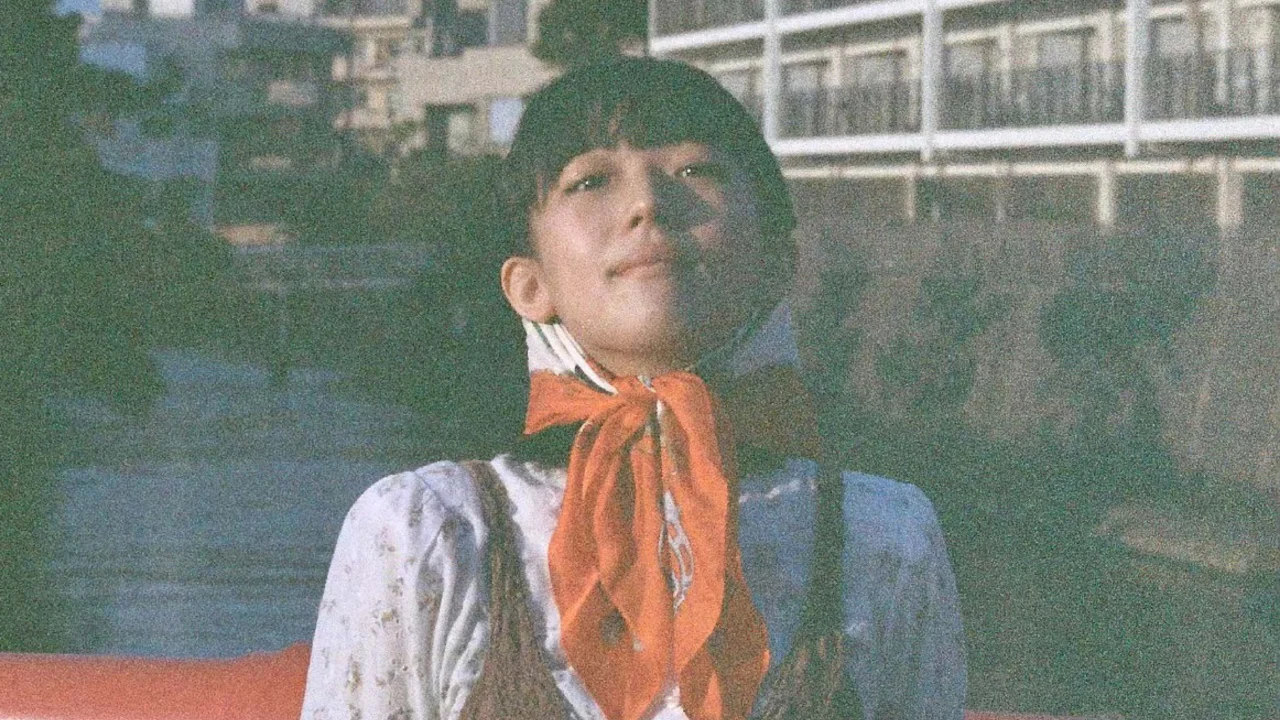INDEX
Mifune’s Reflection on Moving to Germany and the Intrinsic Connection to the ‘Juvenile’ Theme: “We are Driven Solely by Personal Joys and Discoveries“

In both this photography collection and the overarching theme of the new album ‘8,’ the spotlight is on ‘Juvenile.’ Although often associated with the literary and cinematic genre portraying children’s adventures, the term fundamentally signifies ‘youth.’ Masaya Mifune, what led you to select this theme for your current projects?
A confluence of various timing factors led me to create a film with a juvenile theme this time, although the concept had been lingering vaguely in my mind for over a decade. Despite the turmoil of the world amidst the pandemic and conflicts, witnessing children happily playing amidst the chaos struck me. It made me realize that, for them, the joy derived from new discoveries and friendships forged through their adventures surpassed the tumultuous state of the world itself. Ultimately, I came to the conclusion that people are propelled by personal joys and discoveries, not necessarily “for the world.”
This realization has been particularly poignant since my move to Germany this year. Embarking on a new life in Berlin, I encountered a plethora of personal discoveries and joys—unconventional rules and values, breathtaking scenery, and the forging of new friendships, to name a few. The list is endless. Having previously explored global perspectives in my last three films, I found the prospect of creating a film with the theme of “I don’t give a damn about the world” intriguing. The word ‘Juvenile’ encapsulates this sentiment.

Examining the lyrics of the initial track, ‘Kids and Lost,’ along with the concluding statements in the photo collection, I perceive a theme that touches upon a sense of unease regarding adherence to societal norms in Japan.
Mifune: Juvenile fundamentally narrates the journey of children transitioning from outsiders to integral parts of the broader society, signifying the conclusion of childhood. This involves either rebelling against adults and societal norms or, conversely, aligning with adults to confront something greater. Within this process, there exists a counter approach to elements shaping them—be it through conflict or evasion. This contrast is vividly portrayed in ‘Kids and Lost,’ perhaps reflecting an opposing stance to the Japanese society that has influenced my own formation.

So the experience you gained from living in Germany was a big part of your work.
Mifune: What was good about moving to Berlin was that I realized that I did not need to belong to society to that extent and that I could focus more on my personal awareness. I feel that in Japan, there is an aspect where people who can change their own form to fit the values held by the majority of society are valued.
Kichijomaru: I used to live in Portland, so I understand this feeling. When you live in Japan, society imposes the concept of “the norm” or “everyone else” on you. However, the scope of such concepts is extremely narrow. I think that originally, people were doing what they thought was good for everyone to feel good about themselves.
Mifune: Yes, yes. What surprised me when I came back to Japan was the overwhelming number of messages trying to control people, such as “Don’t stand in front of the door of the train or station,” “Don’t look at your cell phone,” and so on. What surprised me the most was that in the park behind my house, a kindergarten teacher lined up all the children in a row and told them not to climb trees or throw stones. There was no such scene in Berlin.
The three years grappling with the challenges of the COVID-19 pandemic before your move must have left a lasting impact. Now, as it gradually recedes, exhibitions and live events are resuming in a manner reminiscent of the past. How does this transition make you feel?
Mifune: After three years of masking in Corona and seeing the audience nervously listening to our music, we tried to destroy it, but now that we are in a world where everyone can come into contact with each other again, I feel that everyone cannot feel happy without a place where they are physically connected like at a live show. I think that’s what I want to focus on. That is what I want to focus on again.
Kichijomaru: The prevalence of digital communication is undeniable, offering its natural advantages. However, there seems to be an innate human yearning for an analog, physical connection. Consider a physical “house” in a specific location—while some might see it as merely a “house,” there’s a growing need for the concept of a “home.” This concept implies a place where tactile connections are fostered. Instead of solely striving for artworks deemed “good music” or “good photos,” it’s crucial to explore questions and engage in dialogue centered around the concept of “home” and the local community to which we are physically connected. Mifune adds, “As long as we are human beings, we must be able to communicate with each other.
Mifune: As long as we are human beings, I think we must have such tactile connections. ROTH BART BARON also does not have a gallery, but has a community of supporters called “Palace,” in which anyone can participate. The people at the Palace help us design our merchandise and sell items at our live shows. It is true that you have the image of creating a “home” or a small town, or even a village.




























